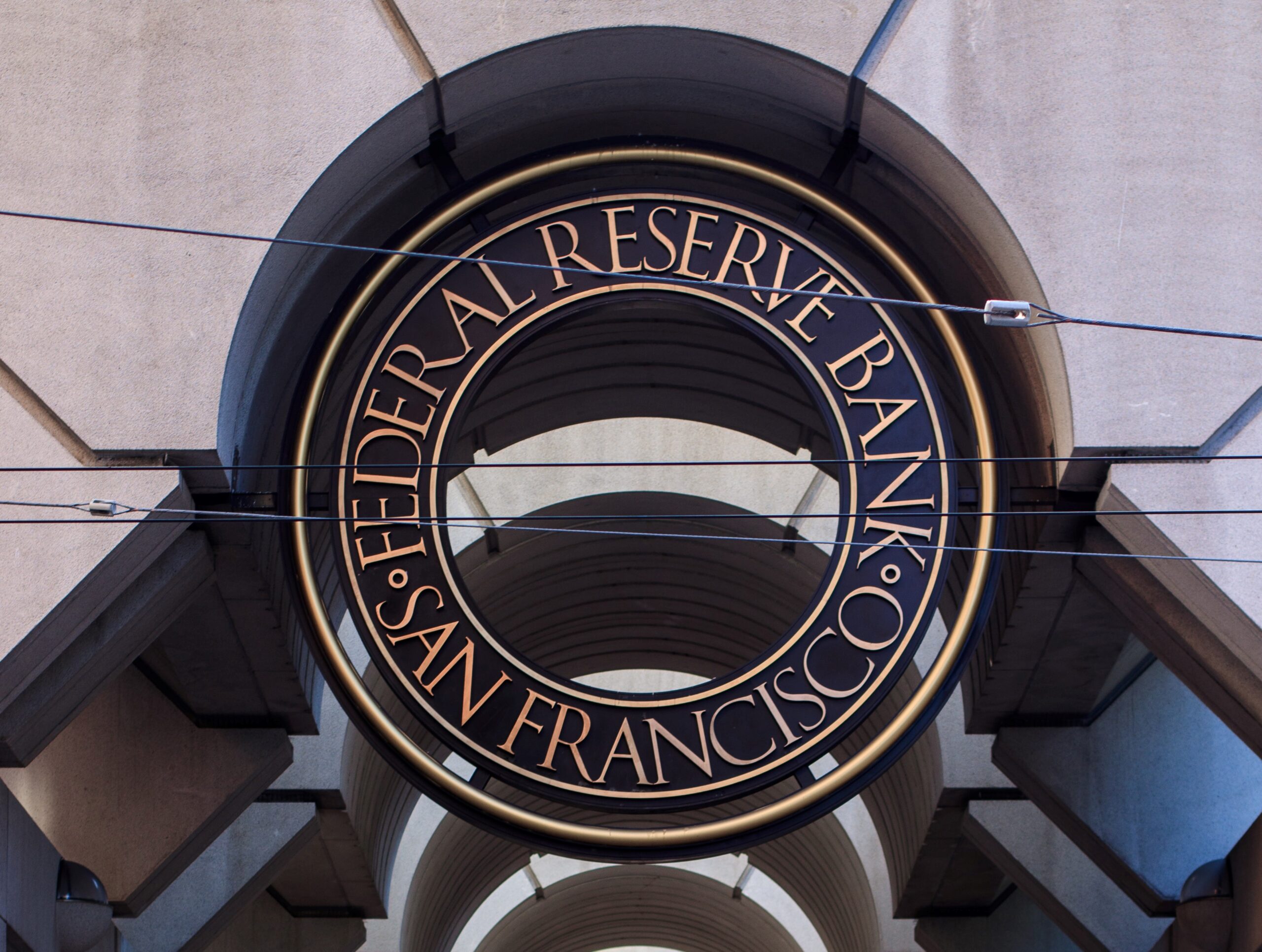 There's another credit crisis mounting... only it's not in the United States.
There's another credit crisis mounting... only it's not in the United States.
China is going through its own emerging market cycle.
I call it an "emerging market" because that's what it is – even though it's often listed among the developed economies.
Even though it has one of the largest economies, China still qualifies as developing based on metrics like energy access and gross domestic product ("GDP") per capita.
As an emerging market, China has plenty of up-and-coming entrepreneurs and companies. They're new to understanding how to build long-term sustainable businesses.
And these new businesses are being built with massive debt loads. My team and I have looked at more than 5,000 publicly traded Chinese companies, including those in Hong Kong. Tons have triggered our flag for "high credit risk."
China has $29 trillion in corporate debt. That's way bigger than the entire U.S. GDP, which was $23 trillion last year. It's almost double the size of China's GDP.
Not to mention, the country's economy has been headed in the wrong direction.
Last year, 9% of Chinese companies were cash flow negative... meaning they were spending more money than they were making. That number is expected to rise to between 13% and 28% this year.
And don't blame the pandemic lockdowns. Many of the biggest problems in corporate China began long before the country's "zero-COVID" policies. While the lockdowns have made things much worse, the crisis didn't start with them.
 China today looks a lot like America a century ago...
China today looks a lot like America a century ago...
As we explained last week, financier J.P. Morgan (the nephew of "Jingle Bells" songwriter James Pierpont) bailed us out when the U.S. financial system was on the brink of collapse. He acted as the country's central bank in 1907 before the Federal Reserve existed.
The U.S. had a lot of debt in the late 1800s and early 1900s. Corporations took out so much capital that they couldn't pay it back. This caused a massive credit issue that hurt all economic systems.
J.P. Morgan was powerful... and other bankers trusted him. He swooped in to rescue the U.S. economy. In 1893, he preserved the gold standard by loaning the U.S. Treasury $65 million in gold. And he effectively staved off what could have been the 1907 version of the Great Depression by personally loaning millions of dollars to private banks.
The crash he helped forestall highlighted an issue for the U.S. We had an immature financial system that lacked the structure to manage defaults, bankruptcies, and capital flows.
J.P. Morgan became a major advocate for a centralized system to help act as a savior in times of need. The U.S. economy was developing fast. That called for an institution to act as a support system... not just one guy with deep pockets.
Since then, the U.S. has become what most consider the most robust financial system the world has ever seen.
Now, the same situation is playing out in China. Chinese banks don't seem to be quantifying risk appropriately. That might lead to serious issues on the horizon. Only it will take more than one generous investment banker to turn things around.
 To stave off its looming credit crisis, China would need several J.P. Morgans...
To stave off its looming credit crisis, China would need several J.P. Morgans...
China is a massive country with a massive debt load. No individual would be able to bail it out on their own. (It also seems like a much bigger ask in 2022 than it did in 1907.)
China is trying to manage itself through this incredible credit crisis. However, the battle has been messy and fraught with problems. And it's getting messier...
The country has been attempting to tighten underwriting and make it more difficult for risky companies to get debt. One such example is the "three red lines" credit-worthiness rule, which attempted to reduce debt in the real estate industry by imposing debt limits and minimum cash requirements.
These efforts have led to many companies being unable to refinance their debt. That makes defaults even more likely.
It's a vicious cycle.
That's why I wouldn't bet on China today... and you shouldn't either. Your money is better spent here in the U.S., which will remain at the top of the global economy for decades.
Wall Street and the mainstream media love to rail against the U.S. economy. They tend to focus on emerging markets, such as China. They're not seeing these major issues. Eventually, they'll learn about them the hard way.
China is facing a large-scale credit crisis. It hasn't been able to solve it yet. And it likely won't anytime soon.
In contrast, the U.S. is riding several incredible tailwinds... from new supply-chain investment to a boom in oil and natural gas. It's the perfect recipe for strong economic growth and excellent stock returns.
Today's investors should be putting their money to work on U.S. soil.
Wishing you love, joy, and peace,
Joel
December 2, 2022



 There's another credit crisis mounting... only it's not in the United States.
There's another credit crisis mounting... only it's not in the United States.

